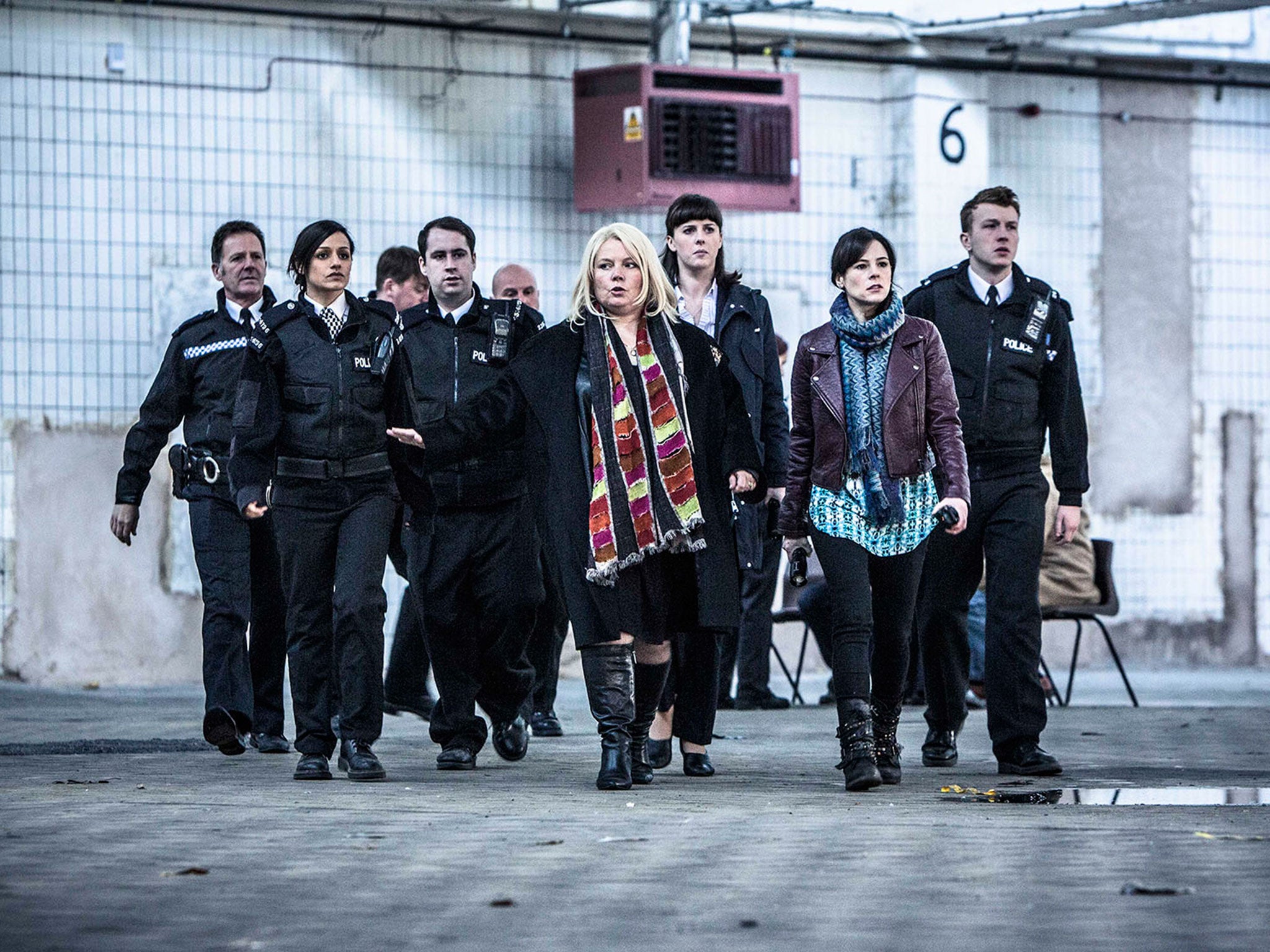Legal Provisions of Section 220 of Code of Criminal Procedure, 1973 (Cr.P.C.), India.
Trial for more than one offence:
This section provides another exception to the general rule regarding joinder of charges as laid down in Section 218 of the Code. The section applies to cases in which different offences are part of one transaction. If offences are committed in the cause of the same transaction they may be tried together, although they are more than three in number and exceeding over a span of more than a year.
ADVERTISEMENTS:
Misjoinder of charges in contravention of the provisions of this section is a defect in the procedure followed at the trial but it does mean that the trial Court acted without jurisdiction. But the Supreme Court in K.T.M.S. Mohd. v. Union of India held that misjoinder of charges cannot be said to be a mere irregularity but it leads to failure of justice and is a sufficient ground for setting aside the conviction of the accused.
The word ‘transaction’ has not been defined in the Code. The Supreme Court in State of Andhra Pradesh v. Cheemalapati Ganeswara, has observed that generally speaking where there is proximity of time or place or unity of purpose and design or continuity of action in respect of a series of acts, it may be inferred that they form part of the same transaction.
It is, however, not necessary that every one of these elements should coexist in a transaction to be regarded as the same. But if several acts committed by a person show a unity of purpose or design that would be a strong circumstance to indicate that these acts form part of the same transaction. The connection between a series of acts is an essential ingredient for those acts to constitute the same transaction.”
ADVERTISEMENTS:
Where the accused, dissatisfied with family partition, committed three murders in one house and fourth a little after in different house, it was held that he could be charged and tried at one trial as all the four acts are so commuted together as to form part of the same transaction and the successive murder did not constitute a distinct offence.
Where several offences are committed in course of the same transaction, they may be tried jointly and it is immaterial whether the offences are of the same kind or not or whether their number is three or more, or whether they were committed within a period of one year or not.
It has been further held that a Court having jurisdiction to try certain offence committed in course of a transaction, can hold an inquiry or trial even in respect of an offence committed in the course of the same transaction but beyond its jurisdiction.
It must, however, be stated that Section 220 is an enabling provision which permits the Court to try more than one offences committed in course of same transaction in one trial. Therefore, the Court may or may not try all the offences together in one trial though they might have been committed in the same transaction.
ADVERTISEMENTS:
The Delhi High Court in Naresh Kumar v. State, held that where some heroin was recovered from the attachi of the accused on the road and subsequently a few kilograms more heroin was recovered from his house on his disclosure statement, both the recoveries formed a single transaction and the two charges could be clubbed together and he could be tried in a single composite trial.
Sub-section (2) provides that the offence of breach of trust or dishonest misappropriation may, in many cases, be accompanied with falsification of accounts committed either for the purpose of facilitating or concealing that offence. Therefore they may be clubbed together in a single trial.

